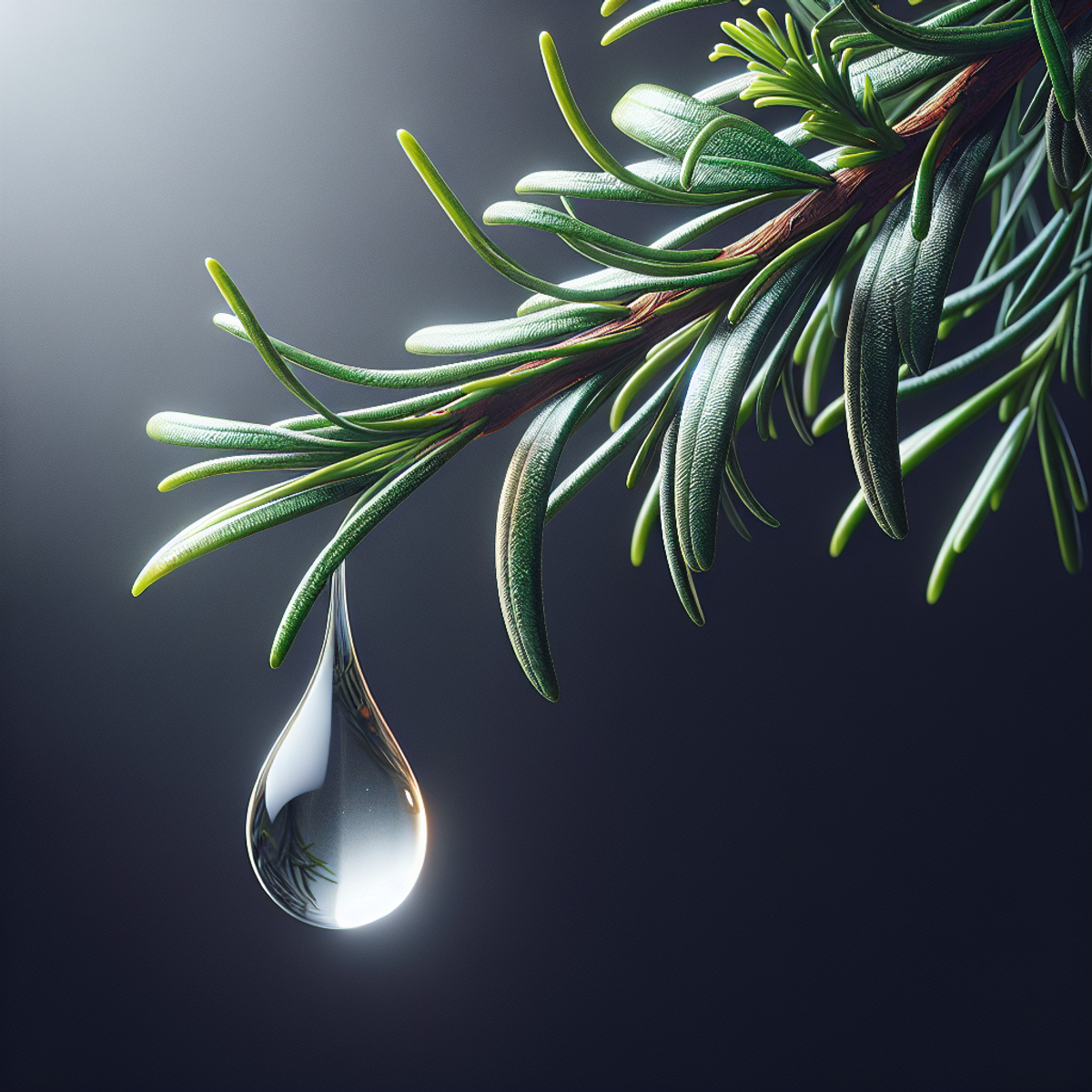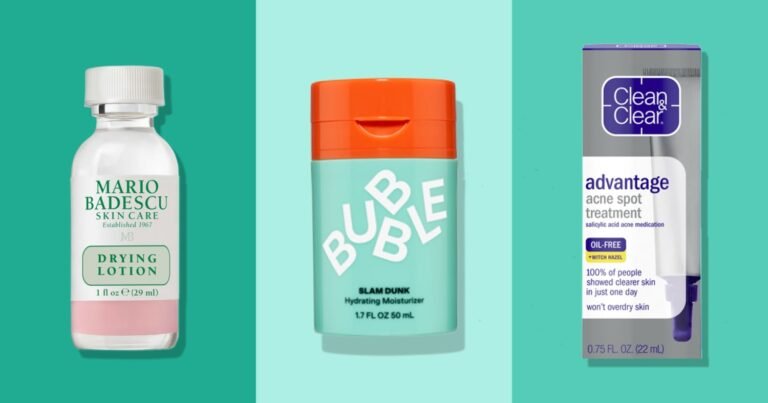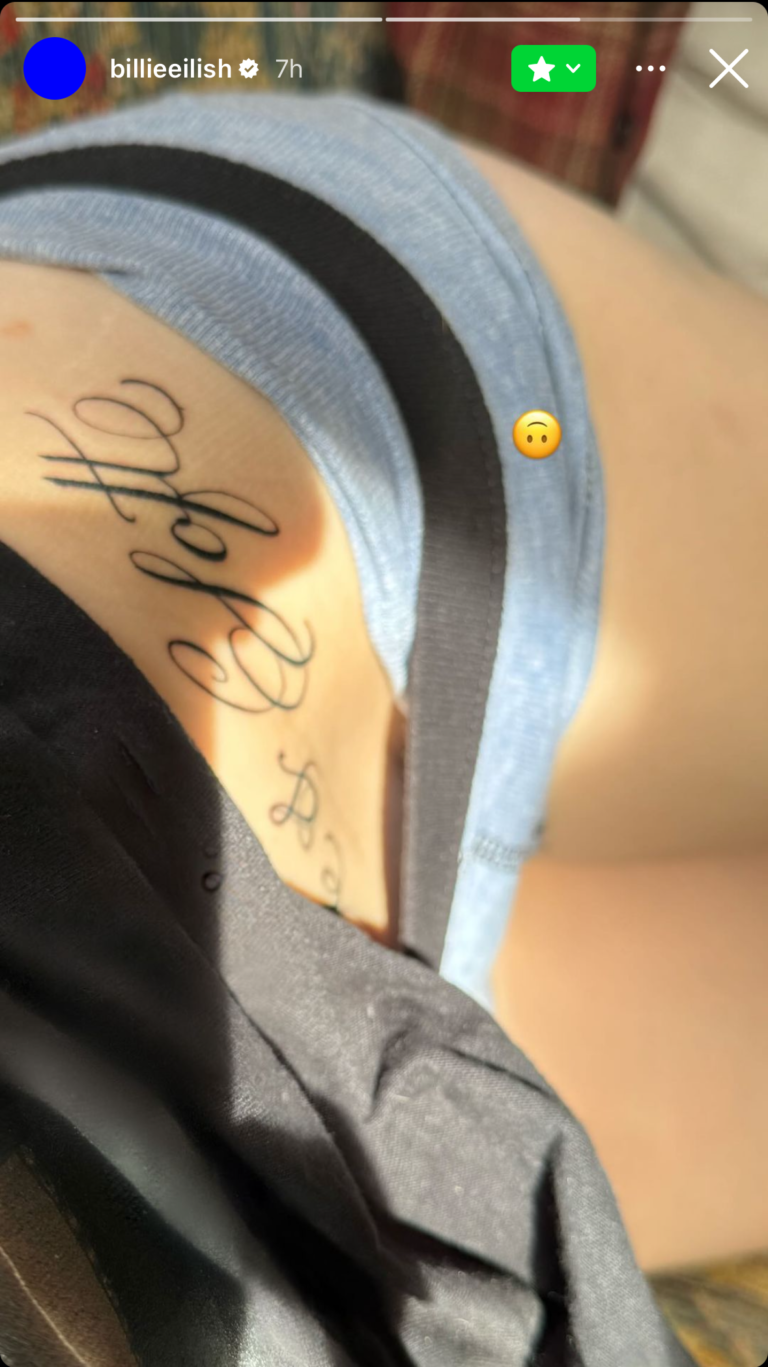Home remedies to get rid of pimples fast

Introduction
Pimples, those pesky blemishes that seem to pop up at the most inconvenient times, can have a significant impact on our self-esteem. Whether it’s a single pimple or a breakout, dealing with acne can make us feel self-conscious and frustrated. That’s why finding quick and effective solutions to get rid of pimples at home is a top priority for many.
Acne occurs when hair follicles become clogged with oil, dead skin cells, and bacteria. Hormonal changes, stress, and genetics can all contribute to the development of pimples. While there are numerous over-the-counter medications and prescription treatments available, some people prefer to explore natural remedies that they can easily try at home.
In this article, we will explore various home remedies for getting rid of pimples fast. These remedies have been backed by studies and are considered effective in treating acne. From tea tree oil and essential oils to green tea and aloe vera gel, we will discuss the benefits and proper usage of each remedy. Additionally, we will talk about how lifestyle changes can play a significant role in preventing and treating acne.
If you’re tired of battling stubborn pimples and want gentle natural solutions for your skin, this article is for you!
1. Tea Tree Oil
Tea tree oil is a popular natural remedy for acne due to its potent antimicrobial and anti-inflammatory properties. Here are some key points to consider when using tea tree oil as a pimple treatment option:
- Dilution and Application: It’s crucial to dilute tea tree oil with a carrier oil, such as jojoba or coconut oil, before applying it to the skin to avoid irritation or allergic reactions. A general rule of thumb is to mix 1-2 drops of tea tree oil with 12 drops of a carrier oil.
- Skincare Benefits: Aside from reducing acne lesions and fighting bacteria, tea tree oil can also help alleviate dryness and irritation associated with acne-prone skin. It has been used in skincare products for its ability to soothe redness and inflammation.
- Precautions: While tea tree oil can be effective in treating pimples, it’s essential to perform a patch test before using it on larger areas of the skin to check for any adverse reactions. Additionally, using undiluted tea tree oil or applying it in high concentrations can lead to skin irritation.
By following these guidelines, you can harness the potential benefits of tea tree oil while minimizing the risk of adverse effects on your skin.
2. Essential Oils for Pimples (Cinnamon, Rose, Lavender, Clove)
When it comes to treating pimples, essential oils such as cinnamon oil, rose oil, lavender oil, and clove oil can be powerful allies. These essential oils have properties that can help fight the bacteria causing pimples. You can use them in your skincare routine through methods like making your own face masks or doing steam treatments.
Here are the benefits and properties of each essential oil for treating pimples:
- Cinnamon Oil: Known for its ability to kill bacteria and reduce inflammation, cinnamon oil can help prevent the growth of P. acnes bacteria and reduce redness in acne-prone skin.
- Rose Oil: With its soothing and moisturizing qualities, rose oil can help calm irritated skin while also fighting against pimple-causing bacteria.
- Lavender Oil: Famous for its relaxing scent and ability to heal skin, lavender oil has antibacterial properties that can be beneficial for treating acne.
- Clove Oil: Containing a compound called eugenol, clove oil has strong antimicrobial properties that make it effective in addressing acne-related issues.
Understanding the unique characteristics of each essential oil allows you to customize your pimple treatment based on your specific skin needs. Trying out different combinations of these oils may help you discover the most effective solution for managing pimples.
3. Green Tea
Green tea is a powerful ingredient for pimple-prone skin, offering multiple benefits that can help in the fight against acne. Here’s what you need to know about using green tea as a home remedy for pimples:
Soothing Green Tea Toner
You can make a soothing green tea toner by brewing a cup of green tea, allowing it to cool, and then applying it to your skin using a cotton pad. This gentle toner can help calm irritated skin and reduce redness associated with pimples.
Role of Antioxidants
Green tea contains antioxidants that can promote overall skin health. These antioxidants are known to help reduce sebum production, which is beneficial for individuals with oily or acne-prone skin. By regulating sebum production, green tea can contribute to a reduction in the occurrence of pimples.
Incorporating green tea into your skincare routine can be a simple yet effective way to combat pimples and promote clearer, healthier-looking skin. Whether used as a toner or as an ingredient in DIY face masks, green tea offers natural support for managing pimple-prone skin.
4. Aloe Vera Gel
Aloe vera gel is a popular home remedy for treating pimples due to its soothing and healing properties. Here are some key points to consider when using aloe vera gel for pimple treatment:
- Soothing effect: Aloe vera gel has a cooling effect on the skin, which can help reduce inflammation and soothe inflamed pimples. It provides relief from redness, swelling, and discomfort associated with acne breakouts.
- Fight bacteria and inflammation: Aloe vera gel contains antimicrobial properties that can help fight against the bacteria that cause pimples. It also has anti-inflammatory properties that can help reduce the redness and swelling associated with acne.
- Fresh aloe vera gel vs. store-bought options: While store-bought aloe vera gels may be convenient, using fresh aloe vera gel directly from the plant can provide better results. Fresh aloe vera gel contains higher concentrations of beneficial compounds that can have a more potent effect on pimples.
When using aloe vera gel as a home remedy for pimples, follow these steps:
- Wash your face with a gentle cleanser and pat dry.
- Cut open an aloe vera leaf and extract the gel.
- Apply the fresh aloe vera gel directly onto your pimples.
- Leave it on for about 10-15 minutes.
- Rinse off with lukewarm water and pat dry.
You can repeat this process twice daily until your pimples improve.
It’s important to note that while aloe vera gel can be effective in treating pimples, it may not work for everyone. If you experience any adverse reactions or if your acne persists or worsens, it’s always best to consult with a dermatologist for further evaluation and guidance.
Using aloe vera gel as part of your skincare routine can provide soothing relief for inflamed pimples and help promote the healing process. Give it a try and see if it works for you!
5. Zinc Supplement
Zinc supplements are not only beneficial for reducing inflammation and pimples, but they also offer other potential advantages for your skin, hair, and nails. Zinc is an essential mineral that plays a crucial role in various bodily functions, including immune support, wound healing, and DNA synthesis. When it comes to skincare, here’s how zinc supplements can benefit you:
- Acne Reduction: Zinc has been shown to help reduce the severity of acne by regulating the activity of oil glands and exerting anti-inflammatory effects on the skin.
- Wound Healing: Zinc is involved in collagen synthesis, promoting the repair and renewal of skin tissues, which can be beneficial for addressing acne scars and blemishes.
- Antioxidant Properties: As an antioxidant, zinc helps combat free radicals that can contribute to skin aging and damage, supporting overall skin health.
In addition to these skincare benefits, zinc supplements can also contribute to healthier hair and stronger nails. If you’re considering incorporating zinc into your daily routine for its skincare advantages, consult with a healthcare professional to determine the appropriate dosage for your individual needs.
6. Brewer’s Yeast
Brewer’s yeast is a natural ingredient that has been used for centuries in traditional medicine. It is a byproduct of the beer-brewing process and is rich in nutrients that can benefit the skin. When it comes to treating pimples, brewer’s yeast is believed to be effective due to its antibacterial effects. Here are some key points about brewer’s yeast and its role in maintaining healthy skin:
1. Nutritional Profile
Brewer’s yeast is packed with essential nutrients that support overall skin health. It contains B vitamins (including biotin), protein, selenium, chromium, and zinc, which are all important for maintaining clear and blemish-free skin.
2. Antibacterial Effects
The antibacterial properties of brewer’s yeast help fight against the bacteria that can cause pimples. By reducing the presence of these bacteria on the skin, brewer’s yeast can decrease the likelihood of developing new breakouts.
3. Inflammation Reduction
In addition to its antibacterial effects, brewer’s yeast also has anti-inflammatory properties. This can help reduce redness and swelling associated with pimples, promoting faster healing.
4. Internal Consumption
Brewer’s yeast can be consumed internally as a supplement or added to foods like smoothies or yogurt. By incorporating brewer’s yeast into your diet, you can reap its benefits for your skin from the inside out.
It’s important to note that while brewer’s yeast has shown promise in treating acne, individual results may vary. It is always best to consult with a healthcare professional before adding any new supplements or making significant changes to your skincare routine.
Brewer’s yeast can be a valuable addition to your skincare regimen due to its nutritional profile and antibacterial effects. However, it should not be relied upon as the sole treatment for severe or persistent acne. Remember to take a holistic approach to skincare by incorporating other remedies and making lifestyle changes for optimal results.
7. Fish Oil with EPA and DHA
Fish oil is a wonderful addition to your skincare routine if you desire clear and blemish-free skin. It’s packed with Omega-3 fatty acids like EPA (eicosapentaenoic acid) and DHA (docosahexaenoic acid), which offer several benefits for acne-prone skin:
- Reduced oil production: Omega-3 fatty acids help regulate sebum production, the oily substance that can clog pores and contribute to acne breakouts.
- Decreased inflammation: EPA and DHA possess anti-inflammatory properties that can calm irritated skin and reduce redness caused by acne.
- Prevention of new pimples: By reducing inflammation, fish oil may also help prevent the formation of new pimples.
How Does Fish Oil Help with Acne?
The primary ways fish oil helps with acne are by reducing oil production, decreasing inflammation, and preventing new pimples:
- Reducing oil production: Omega-3 fatty acids help regulate sebum production, the oily substance that can clog pores and contribute to acne breakouts.
- Decreasing inflammation: EPA and DHA have anti-inflammatory properties that can calm irritated skin and reduce redness caused by acne.
- Preventing new pimples: By reducing inflammation, fish oil may also help prevent the formation of new pimples.
How to Use Fish Oil for Acne Treatment
There are two main ways to incorporate fish oil into your routine for acne treatment:
- Supplements: Taking fish oil supplements is a convenient way to ensure an adequate intake of Omega-3 fatty acids. Look for high-quality supplements that contain a sufficient amount of EPA and DHA.
- Dietary sources: Consuming fatty fish like salmon, mackerel, or sardines provides a natural source of EPA and DHA. Including these fish in your diet at least twice a week can contribute to clearer skin.
Tips for Using Fish Oil for Acne Treatment
When using fish oil for acne treatment, it’s important to keep the following points in mind:
- Consult your healthcare provider before starting any new supplement regimen.
- Follow the recommended dosage instructions provided by the supplement manufacturer.
- Be patient, as it may take several weeks or even months to see noticeable improvements in your skin.
- If you experience any adverse reactions or discomfort, discontinue use and consult a healthcare professional.
By incorporating fish oil with EPA and DHA into your routine, you can take advantage of its anti-inflammatory properties to reduce oil production, inflammation, and alleviate pimples. Remember to combine this approach with other home remedies and lifestyle changes for a comprehensive acne treatment plan. Additionally, you may find further information on the benefits of fish oil for skin here.
8. Witch Hazel
Witch hazel is a natural astringent that has been used for centuries as a skincare remedy. When it comes to acne-prone skin, witch hazel can be a valuable addition to your skincare routine. Here are some key points to consider:
1. Natural Toner
Witch hazel can act as a gentle and effective natural toner for acne-prone skin due to its astringent properties. It helps remove excess oil, impurities, and makeup residue from the skin, making it a popular choice for people dealing with acne.
2. Potential Side Effects
While witch hazel can offer benefits, it’s essential to use it in moderation. Using witch hazel too frequently or in high concentrations can lead to dryness, irritation, and even more breakouts. It’s important to dilute witch hazel properly and perform a patch test before incorporating it into your daily skincare routine. This healthline article on astringents provides additional insights into their usage and potential benefits.
Incorporating witch hazel into your skincare regimen can help fight bacteria, reduce inflammation, and potentially prevent new breakouts. However, being mindful of its usage and ensuring proper dilution is crucial to avoid any adverse effects on the skin.
9. Apple Cider Vinegar
Apple cider vinegar is a popular home remedy for treating pimples due to its ability to kill acne-causing bacteria and reduce scars. However, it’s important to use apple cider vinegar properly and with caution to avoid any adverse effects.
Here are some key points to consider when using apple cider vinegar as a pimple treatment:
- Dilution is crucial: Apple cider vinegar is highly acidic, so it’s essential to dilute it before applying it to your face. Mix one part apple cider vinegar with three parts water to create a safe and effective solution.
- Use as a final rinse: After cleansing your face, you can use diluted apple cider vinegar as a final rinse. This helps restore the skin’s pH balance, which can be disrupted by harsh cleansers or other skincare products.
- Patch test: Before applying apple cider vinegar to your entire face, it’s wise to do a patch test on a small area of your skin first. This will help you determine if you have any adverse reactions or sensitivity to the solution.
- Avoid contact with eyes: Apple cider vinegar should never come into contact with your eyes, as it can cause irritation and discomfort. Be careful when applying it around the eye area and rinse thoroughly if any accidental contact occurs.
Remember, while apple cider vinegar can be an effective remedy for pimples, it may not work for everyone. If you have sensitive skin or experience any adverse reactions, discontinue use and consult a dermatologist.
By following these tips and incorporating apple cider vinegar into your skincare routine correctly, you can take advantage of its antibacterial properties and potentially see improvements in your pimple-prone skin.
Note: It’s always recommended to consult with a healthcare professional or dermatologist before trying any new skincare treatments or remedies.
Lifestyle Changes for Preventing and Treating Acne
The holistic approach to managing acne goes beyond topical remedies. Lifestyle changes can significantly impact the occurrence and severity of acne. Here are some key points to consider:
1. Diet
Consuming a balanced diet rich in fruits, vegetables, and whole grains can contribute to overall skin health. Some studies suggest that certain foods high in sugar and refined carbohydrates may exacerbate acne, so reducing their intake could be beneficial.
2. Hydration
Adequate hydration is essential for maintaining healthy skin. Drinking plenty of water helps flush out toxins and keeps the skin hydrated, potentially reducing the risk of clogged pores and acne breakouts.
By addressing these factors alongside the use of home remedies, individuals can take a more comprehensive approach to managing acne.
Conclusion
Incorporating these home remedies and lifestyle changes can significantly contribute to managing and preventing pimples effectively. By experimenting with these natural solutions and adopting healthy habits, you can take proactive steps towards achieving clearer and healthier skin. However, if you find that your acne problem persists or becomes more severe, it’s crucial to seek professional guidance from a dermatologist. They can provide personalized recommendations and treatments tailored to your specific skin needs, ensuring that you receive the most effective care for your skin. Remember that each individual’s skin is unique, and a dermatologist can offer valuable insights and support in addressing persistent acne concerns.










